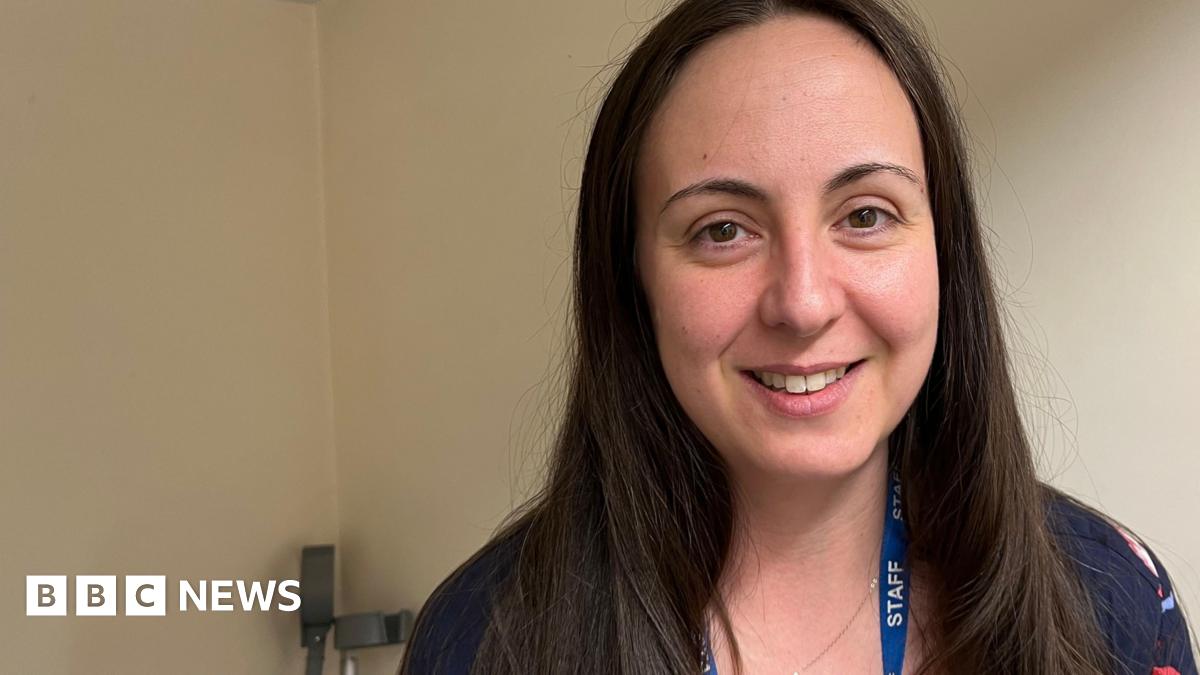Prioritizing Young Minds: Schools Ramp Up Mental Health Focus in Primary PSHE Lessons

In a crucial shift to address the evolving emotional needs of children, primary schools across the UK are increasingly integrating comprehensive mental health support into their Personal, Social, Health and Economic (PSHE) lessons. This move comes amidst growing concerns about the impact of the Covid-19 pandemic and other societal pressures on young people's well-being.
The Growing Need for Mental Health Support
Educators and child psychologists have observed a significant rise in anxiety, stress, and emotional difficulties among primary school children in recent years. The pandemic disrupted routines, isolated children from their peers, and created uncertainty for families, leaving lasting effects on their mental health. Furthermore, the constant exposure to information and social media can contribute to feelings of inadequacy and pressure.
“We’ve seen a noticeable increase in children struggling with managing their emotions, dealing with social situations, and expressing their feelings,” explains Sarah Miller, a headteacher at Green Meadow Primary School. “It’s clear that we need to equip them with the tools and skills to navigate these challenges effectively.”
Integrating Mental Health into PSHE Curriculum
Schools are responding by expanding the scope of PSHE lessons to incorporate a range of mental health topics. This includes teaching children about:
- Emotional Literacy: Helping children identify and understand their own emotions and those of others.
- Coping Strategies: Providing practical techniques for managing stress, anxiety, and difficult feelings, such as mindfulness exercises, deep breathing techniques, and problem-solving skills.
- Resilience Building: Encouraging children to develop a positive mindset, bounce back from setbacks, and persevere through challenges.
- Healthy Relationships: Promoting positive communication, empathy, and respect in all types of relationships.
- Seeking Help: Educating children about when and how to seek support from trusted adults, such as teachers, parents, or counselors.
Beyond the Classroom: A Holistic Approach
While PSHE lessons are a vital component, schools recognize that mental health support needs to extend beyond the classroom. Many are implementing:
- Training for Teachers: Equipping educators with the skills to identify and support children experiencing mental health difficulties.
- Parent Workshops: Providing parents with information and resources to support their children’s emotional well-being at home.
- Partnerships with Mental Health Professionals: Collaborating with counselors, therapists, and other specialists to provide access to additional support services.
- Creating a Supportive School Environment: Fostering a culture of kindness, empathy, and inclusivity where children feel safe and valued.
Looking Ahead: Investing in the Future
The focus on mental health in primary schools is a significant investment in the future well-being of young people. By equipping children with the skills and knowledge to manage their emotions and build resilience, schools are helping them thrive both academically and personally. This proactive approach is essential for creating a generation of emotionally healthy and well-adjusted adults.
“It’s not just about addressing problems when they arise; it’s about building a foundation of mental well-being that will serve children throughout their lives,” concludes Sarah Miller. “We want our children to be happy, healthy, and equipped to face whatever challenges they may encounter.”






